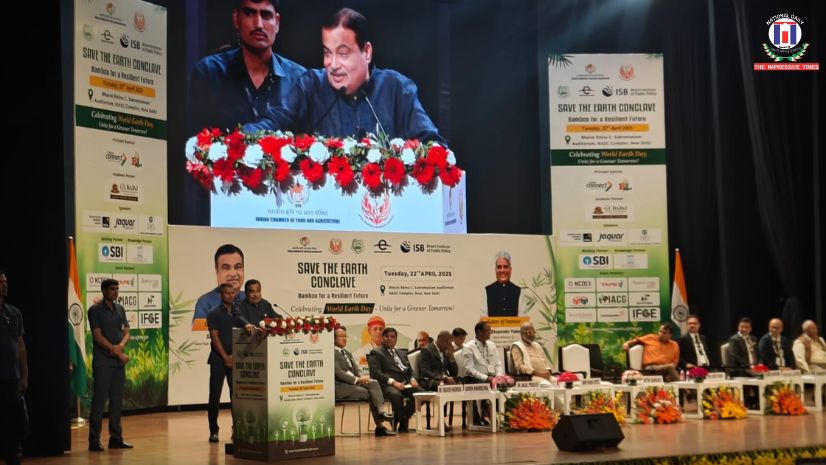
New Delhi, 22 APRIL 2025: “To stop the import of petroleum worth 22 lakh crore, the ‘Annadata’ (food provider) farmer must now be transformed into an ‘Urjadata’ (energy provider). By protecting the environment and strengthening the economy, I firmly believe that in the next five years, our energy-importing country will definitely become an energy-exporting nation,” said Union Transport Minister Nitin Gadkari.
He was speaking at the inaugural ceremony of a one-day conclave organized in New Delhi to celebrate World Earth Day 2025, hosted by Phoenix Foundation, Lodga (Latur, Maharashtra), and Indian Chamber of Food and Agriculture (ICFA), New Delhi, in collaboration with prestigious institutions like Bharti Institute of Public Policy – Indian School of Business (ISB), African-Asian Rural Development Organization (AARDO), New Delhi, and The Foundation for MSME Clusters (FMC), New Delhi.
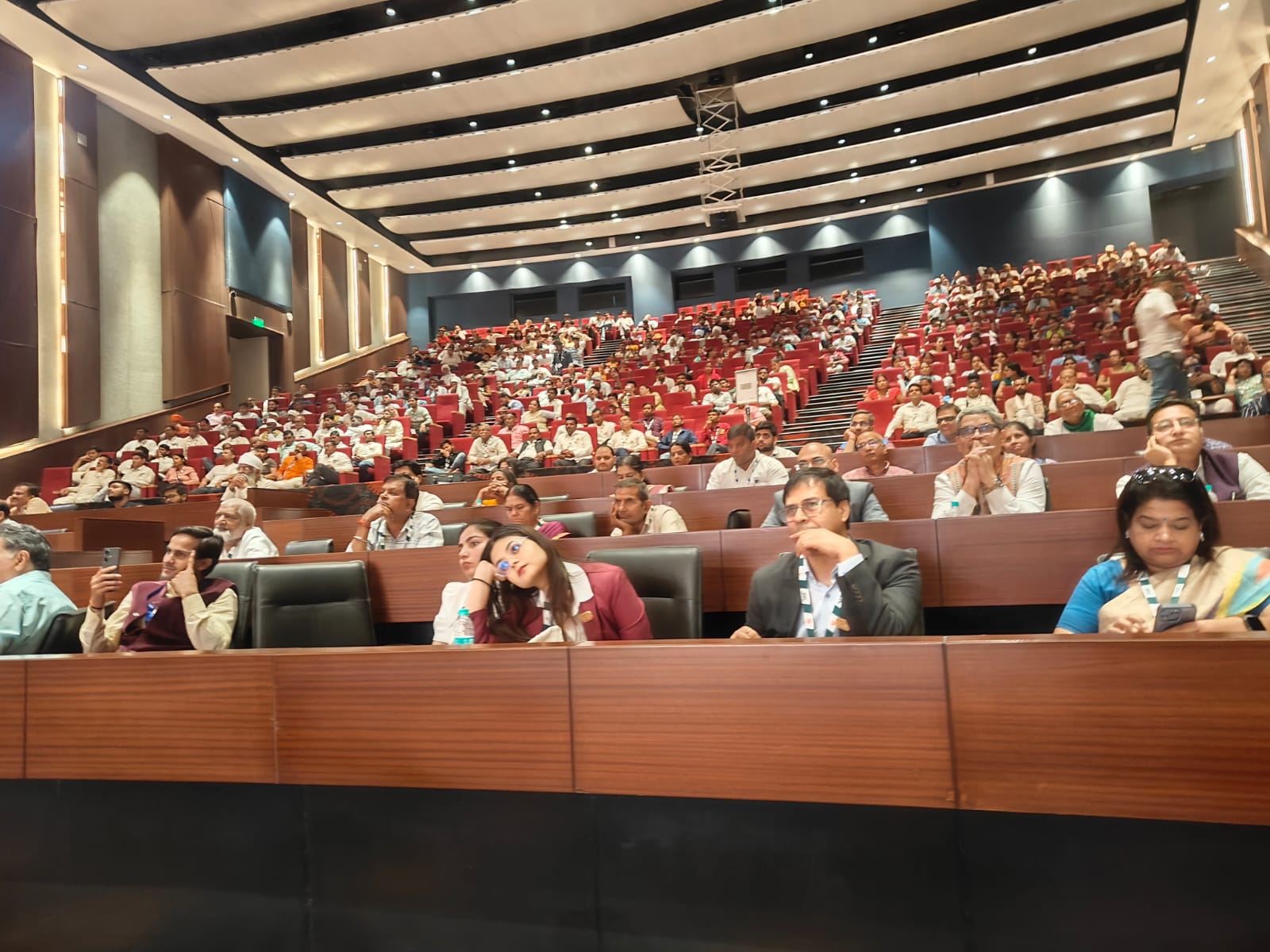
Present on the dais were former Union Minister Suresh Prabhu, AARDO Secretary-General Manoj Nardeo Singh, Mama Tikade Refinery Managing Director Bhaskar Phukan, Food and Agriculture Organization’s India representative Takayuki Hagiwara, ISB Research Director Dr. Anjali Prakash, and Pasha Patel, Executive Chairman of Maharashtra State Chief Minister’s Environment Balanced Task Force.
Explaining the crisis of climate change, Pasha Patel noted that on the occasion of World Earth Day, a community of 2,500 people from across the country had gathered in New Delhi. He emphasized that there is no alternative to bamboo cultivation to save the planet and urged everyone to plant bamboo to protect the Earth. Former Minister Suresh Prabhu highlighted that even after the IPCC report, little effort has been made globally to address the climate change crisis. He poignantly stated that the Earth, crying out due to the climate crisis, is now weeping.
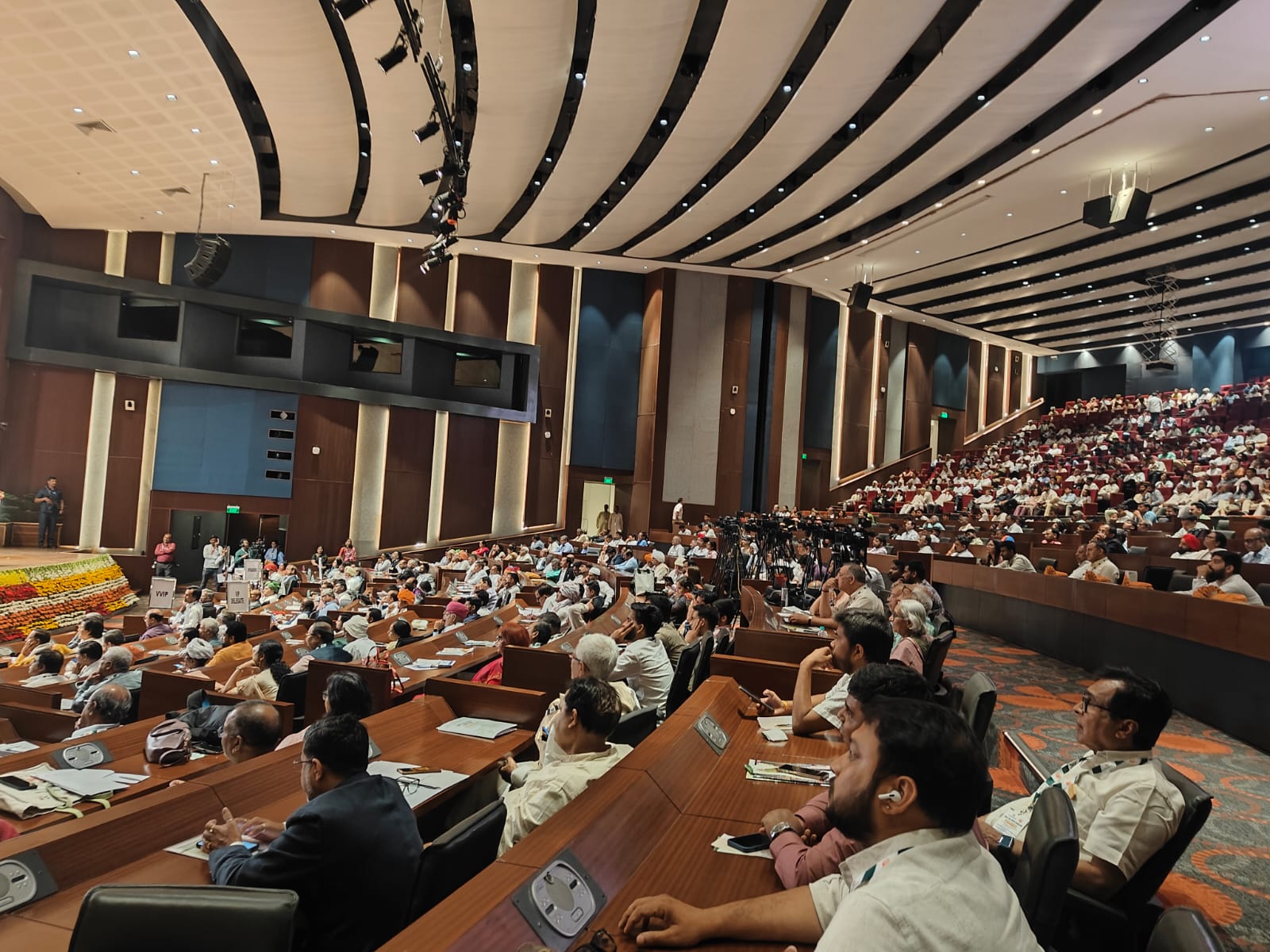
In his inaugural address, Transport Minister Nitin Gadkari said, “Due to the increasing migration to cities, rural areas are facing deprivation. Agriculture has become global, and local farm produce prices are determined by global markets. The country’s largest expenditure is on petroleum imports, amounting to 22 lakh crore. This expenditure must be permanently stopped, and I want to put 10 lakh crore of it into farmers’ pockets. This will increase agriculture’s GDP to 23%, boosting purchasing power. A major project has been undertaken in Delhi and surrounding states to generate energy from burning parthenium, halting its use as waste. This is an effort to create wealth from waste. The government has recognized bamboo as grass. Now, bamboo will become a major tool for both environmental protection and energy production.”
Gadkari further stated that producing white charcoal from bamboo has the potential to bring a major revolution in the energy sector. He said, “The demand for thermal power plants is so high that even if thousands of farmers, or even crores of farmers, come together, it may not meet the coal requirements of these plants.” He stressed the need to transform farmers from ‘Annadata’ to ‘Urjadata’. Alongside environmental protection, producing hydrogen from bamboo should be prioritized to boost economic growth. He expressed confidence that in the next five years, India’s automobile industry will become the world’s number one, and India will transition from an energy-importing to an energy-exporting nation through these initiatives.
Green hydrogen is the future of India, and it will truly shape India as a global leader and a super economy, Gadkari asserted. He added that while eyes can be donated for sight, vision cannot be donated. India needs to develop a bamboo economy on the lines of China, which will provide significant employment opportunities for the poor and laborers in rural India. He praised Pasha Patel for dedicating 50 years to agriculture and farmers, stating that through this program on environmental protection and alternative fuels, the country is being given a new direction.


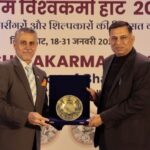

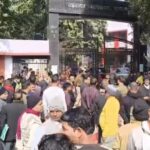









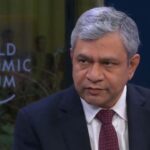

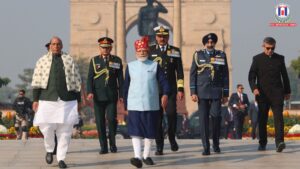
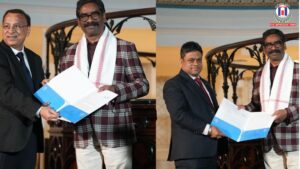
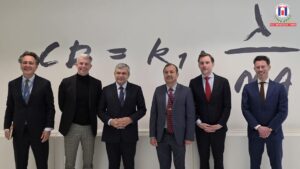
No Comments: